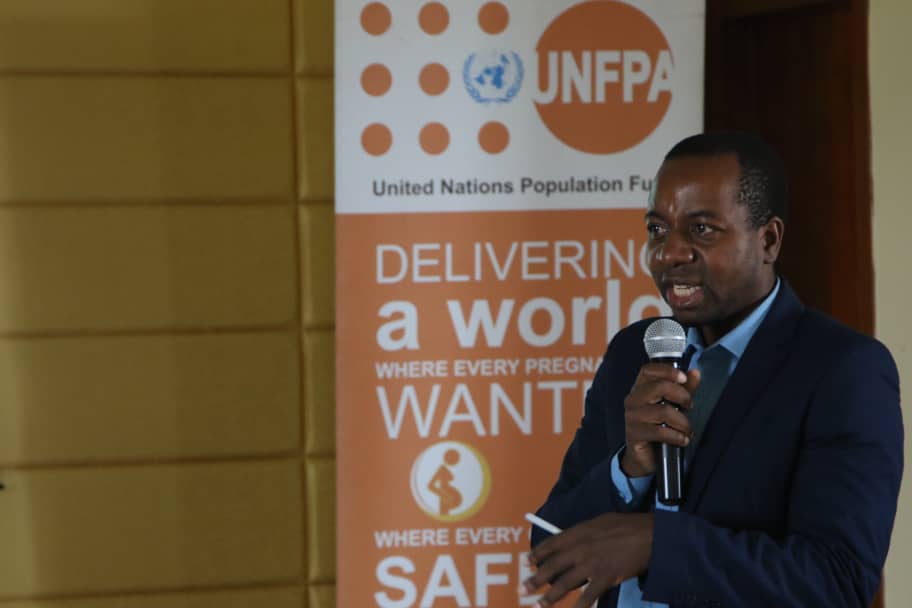
Maternal deaths in Zimbabwe are still a major headache, with over 2 400 women dying while giving birth every year and yet 80% of these can be prevented, a reproductive specialist has said.
BY Phyllis Mbanje
Although the Maternal Mortality Rate (MMR) has come down to 640 per 100 000 live births from an all-time high of 960, experts said this was still too high and more efforts were needed to contain the situation.
“Maternal deaths are cause for concern and should also be one of the fundamentals health issues that need to be highlighted,” Edwin Mpeta, reproductive health specialist at United Nations Fund for Population Activities (UNFPA), said.
Addressing journalists attending a sexual reproductive health and rights media advocacy workshop in Mutare, Mpeta said the discussions and debates on maternal deaths should remain a priority to avoid complacency.
“The number of women dying every year (2 400) is an equivalent of four jets crashing, but not much noise is being made about this, which is very sad,” he said.
According to statistics, the main factors that contribute to these deaths can be managed if proper supportive systems and strategies are put in place.
“We have not done too well in preventing maternal deaths in Zimbabwe, especially in comparison with other countries,” Mpeta said.
- Chamisa under fire over US$120K donation
- Mavhunga puts DeMbare into Chibuku quarterfinals
- Pension funds bet on Cabora Bassa oilfields
- Councils defy govt fire tender directive
Keep Reading
According to reports, many rural women still experience limited access to health facilities and for those who do, there might not be adequate services in terms of medicines, basic tools and even staff. Most clinics are manned by a few nurses who can easily get overwhelmed.
Mpeta said the current shortage of drugs was hitting hard on pregnant women.
“You can imagine the impact if we do not have adequate antibiotics or if a pregnant woman has blood pressure complications,” he said.
Another UNFPA official, Tamisayi Chinhengo, said it was worrying that the bulk of the pregnancies were recorded in rural areas.
“The rural girls are most at risk in terms of access to correct information and also rampant child marriages,” she said.











